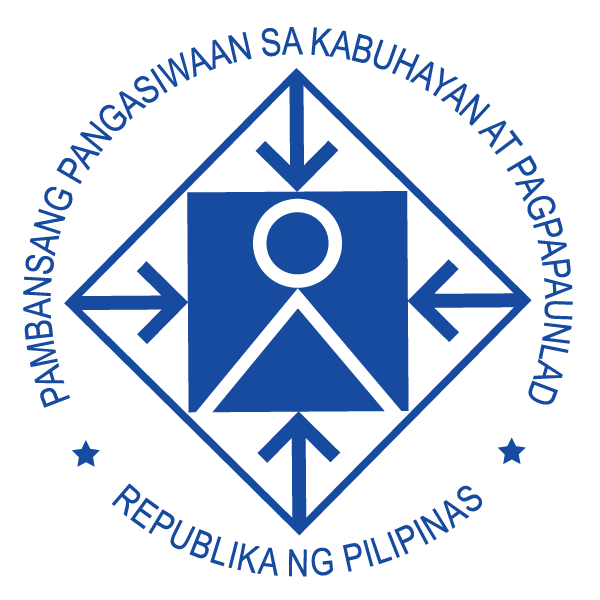National Feeding Program
National Feeding Program
The passage of Republic Act 11037 or the Masustansyang Pagkain Para Sa Batang Pilipino Act of 2018 establishes a comprehensive National Feeding Program to address malnutrition among Filipino children. The program includes the following components:
a) Supplemental Feeding Program for Day Care Children for children ages 3 to 5 years
b) School-Based Feeding Program for public school children from kindergarten to grade six
c) Milk Feeding Program to incorporate locally-produced milk products in fortified meals
d) Micronutrient Supplements including the use of iodized salt
e) Health Examination, Vaccination, and Deworming for program beneficiaries
f) Gulayan sa Paaralan to allocate space for the cultivation of vegetables and other nutrient-rich plants
g) Water, Sanitation, and Hygiene to establish and maintain water and sanitation facilities and promote good hygiene and food preparation
h) Integrated Nutrition Education, Behavioral Transformation, and Social Mobilization to promote a holistic and integrated approach to health and nutrition education
In addition, the law calls for the harmonization of all existing national and local nutrition databases to identify individuals, groups, and/or localities that have the highest magnitude of hunger and undernutrition. The Department of Education (public kindergarten and elementary schools) and the Department of Social Welfare and Development (public day care centers) are the lead agencies in the implementation of the Program.


